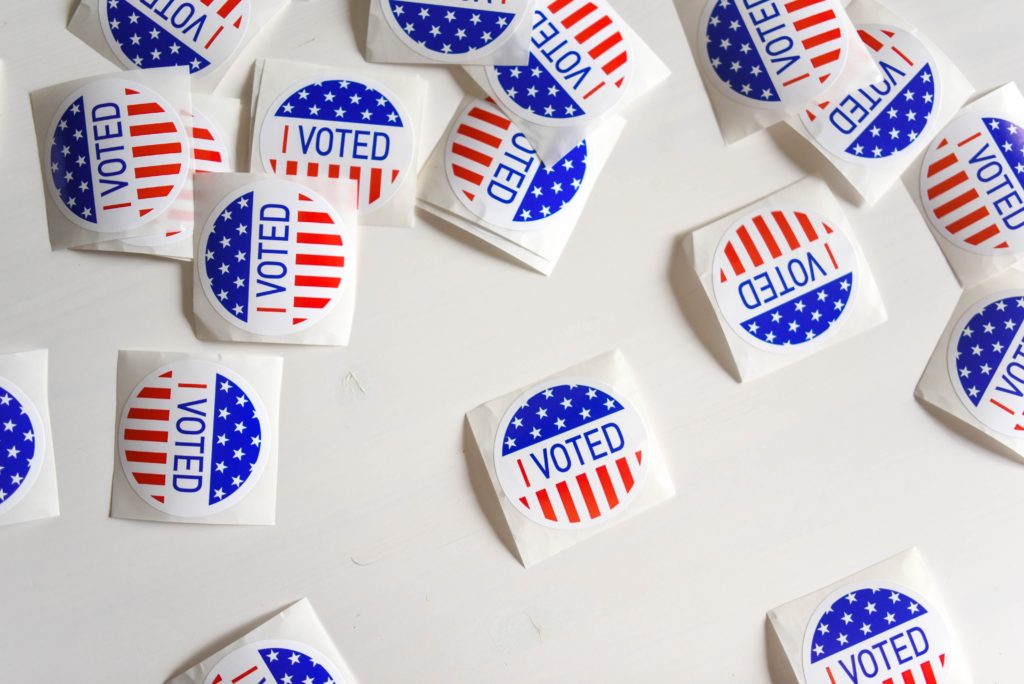The Vermont Senate voted today to adopt a number of temporary emergency reforms to facilitate the functions of government and democracy during the COVID-19 pandemic. These include changes to Vermont’s open meetings law and to elections, which could include a vote by mail process.
The legislation (H.681) was negotiated during a series of teleconference meetings conducted in recent days by the Senate Government Operations Committee, with public access. During the 2020 pandemic, portions of the open meetings law would be waived to allow public bodies to conduct business remotely, as long as the public is ensured access to the greatest extent possible. Many meetings will also be required to be recorded.
The proposed changes to elections law, which could be taken up by the House tomorrow as part of the broader bill, would grant temporary authority to the Secretary of State and the Governor to switch to a vote by mail system in 2020. The bill would also waive requirements for candidates for public office to collect qualifying signatures to appear on the ballot.
A statement by VPIRG Executive Director Paul Burns follows:
“VPIRG supports these temporary changes to allow our important government functions to continue without unnecessarily jeopardizing public health. During the COVID-19 crisis, this could include fundamental changes to the way we have traditionally run the elections in the state.
“In terms of the open meetings, we believe that whatever technology is employed to allow for remote meetings, it should include a means by which members of the public can participate by phone.
“We also note that while the current crisis may necessitate a move to a vote by mail system this year, it’s also important to recognize that other states that have successfully adopted this kind of fundamental reform have done so methodically, over a period of years. If safety concerns require us to implement a vote by mail process this year, that must come with a very significant public education campaign as well.
“Some studies show that vote by mail can increase voter participation, which is great. But vote by mail is no panacea, and there is also evidence that it can be disenfranchising for people of color, low-income and disabled voters, and citizens who need language assistance.
“VPIRG applauds the efforts of legislators to move quickly to protect access and public health while allowing our government and democracy to function. There is more work to be done, but in a time of crisis, this is an excellent step forward.”
For more information on states using vote by mail now: https://www.ncsl.org/research/elections-and-campaigns/all-mail-elections.aspx

